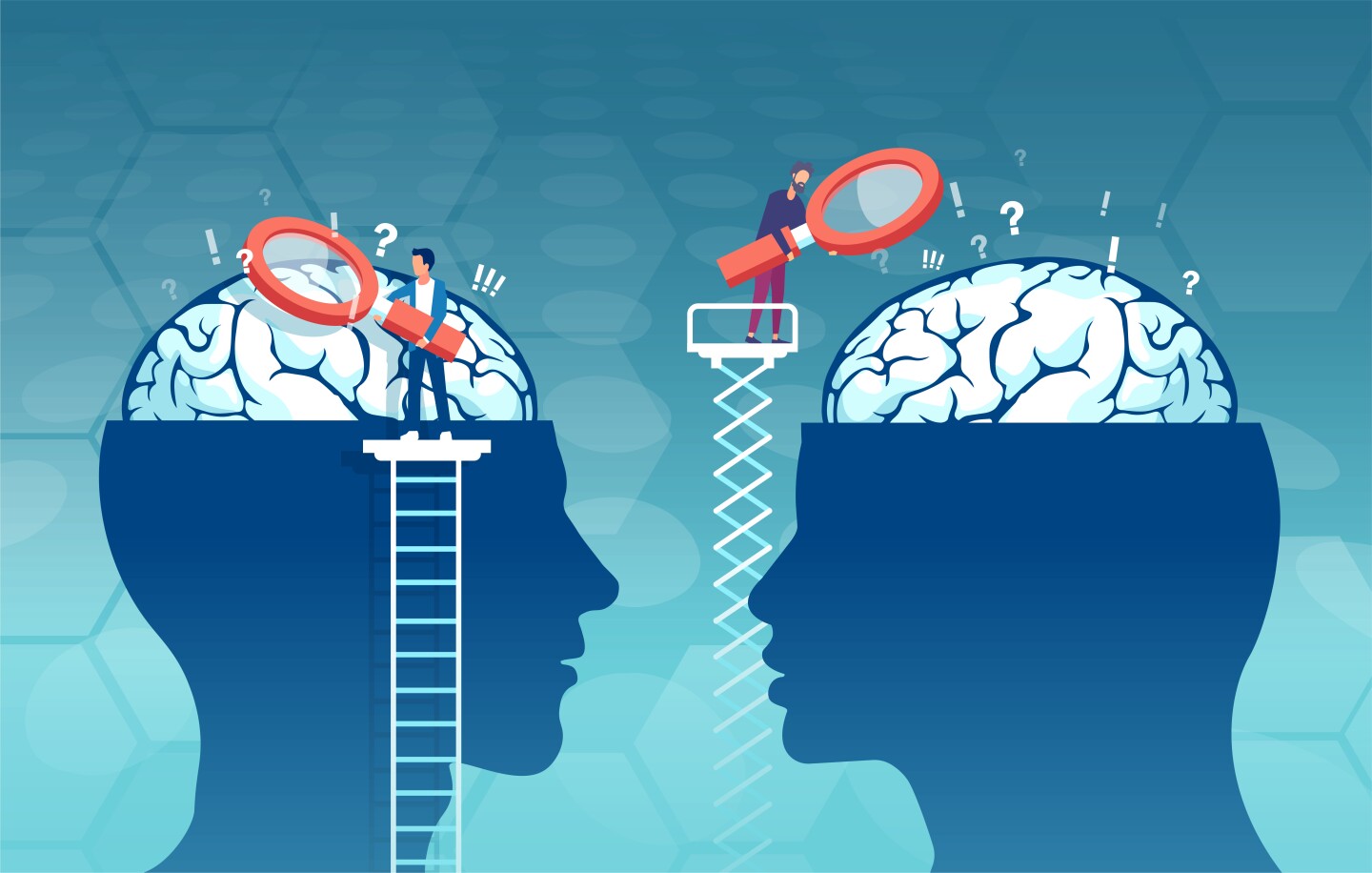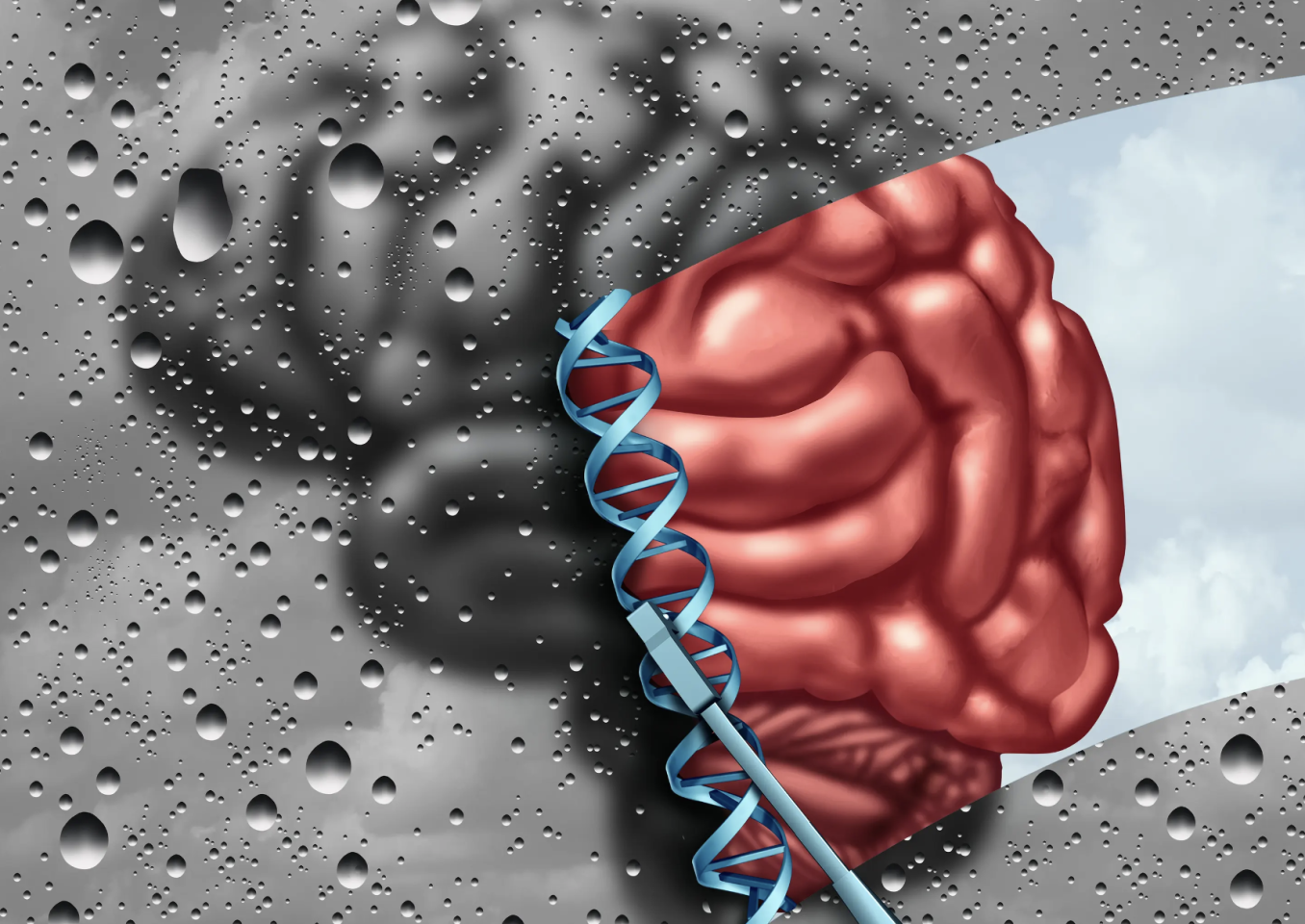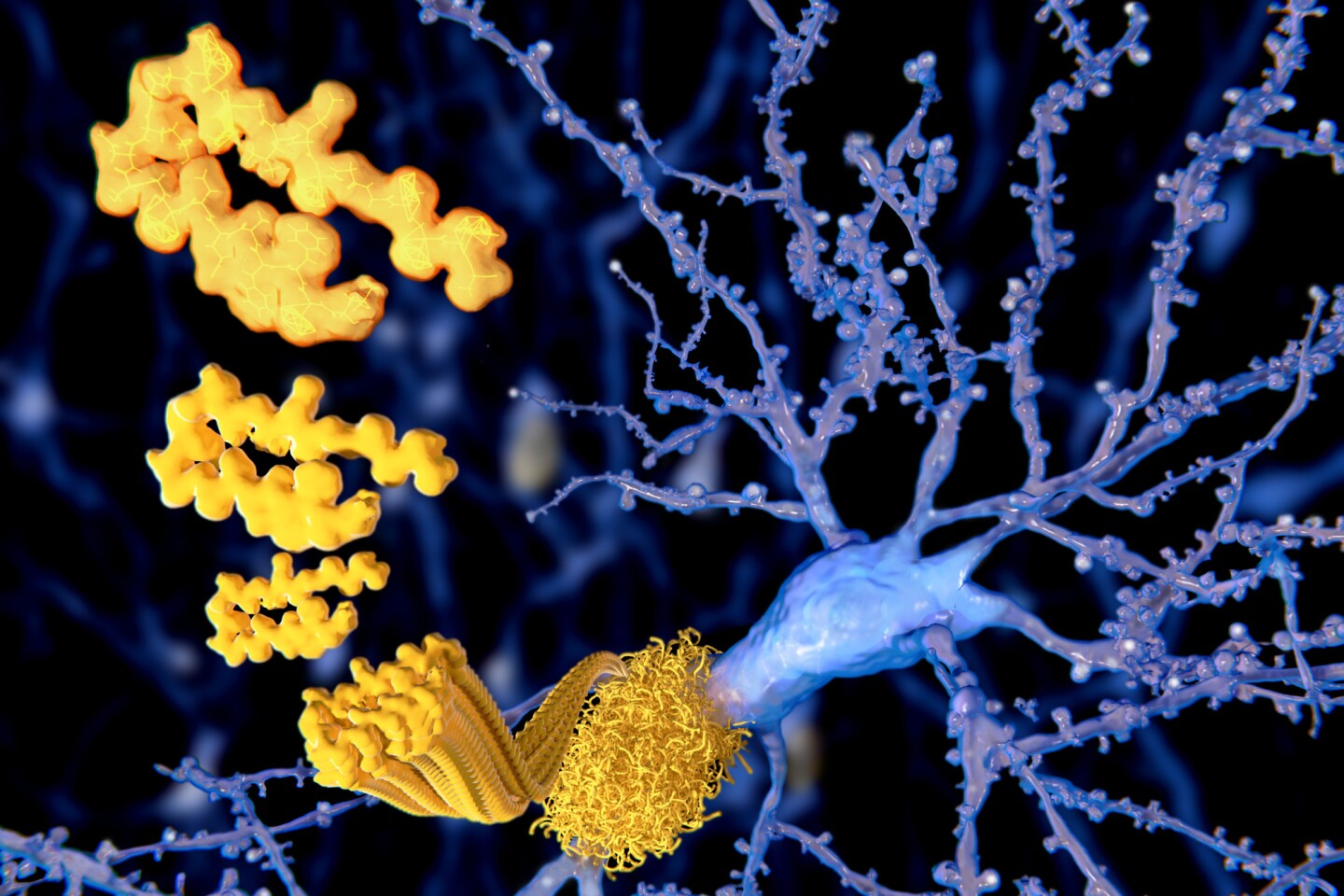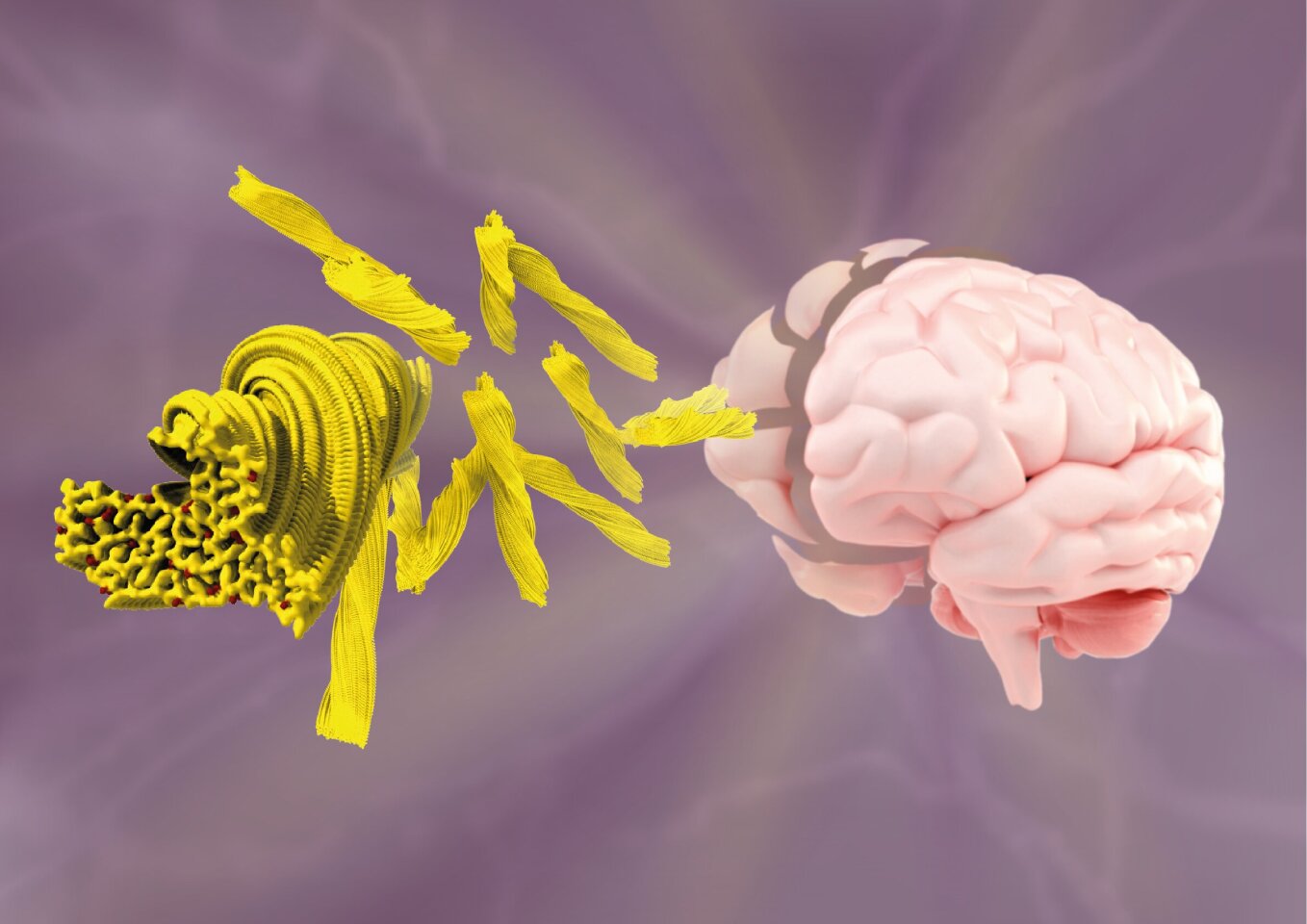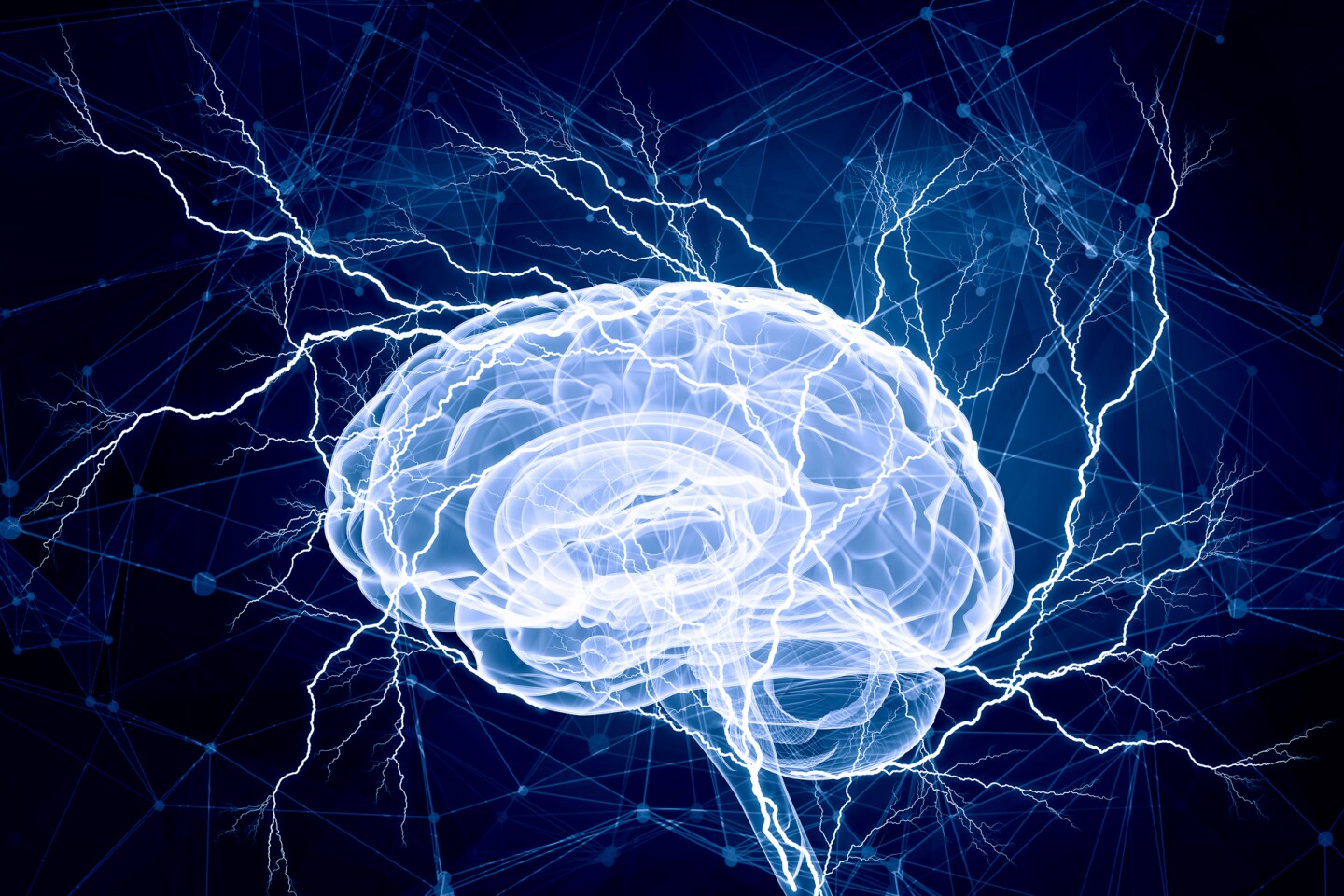Kundalini yoga provides unique brain benefits, finds UCLA study

A 12-week Kundalini yoga course provided test subjects a range of measurable brain benefits including improved memory, anti-aging and anti-inflammatory effects, according to new research from UCLA, suggesting it could help prevent Alzheimer’s disease.
Category: Health & Wellbeing, Lifestyle
Tags: Alzheimer’s Disease, Memory, Women, Yoga, UCLA
Continue reading Kundalini yoga provides unique brain benefits, finds UCLA study


